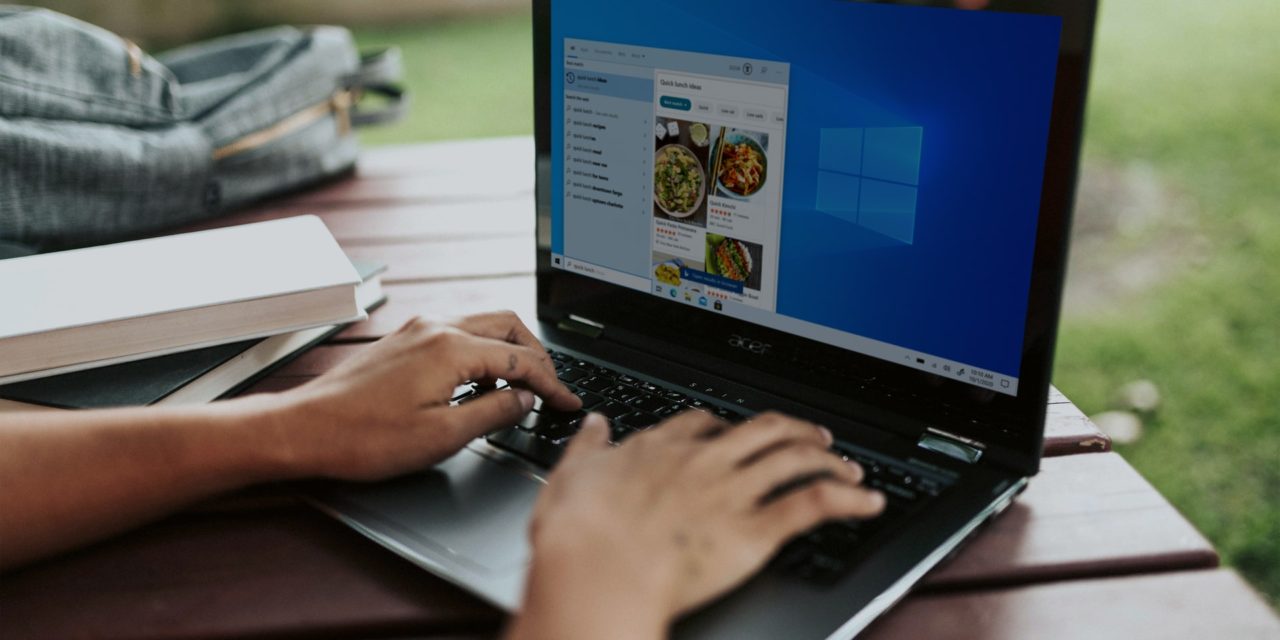[ad_1]
Have you heard of this software yet? Well, it may be time to get acquainted with it since you might be its next victim. Facial recognition software, though controversial, we think it is safe to say it's here to stay.
We would like to talk about the good, the bad and the ugly. We hope you find our thoughts interesting, informative, and above all, entertaining.
Here we go!
First, let us explain how it works. You cannot do anything before having a photo uploaded on your computer. Once you have it on, you can use the software, which scans the image, calculating the position of the eyes, nose, and mouth in order to check results with photos and videos on web pages (for example Facebook or YouTube) or the Internet itself. The software developers and the managers claim that the software is 90% accurate.
Who is using this software? The UK Border Agency for one. Imagine how helpful it might be to police when searching for and identifying fugitives. Also, interested in how they might benefit from this software are organizations such as the Red Cross, for finding people lost in natural (or man made for that matter) disasters. Of course this means that somehow the missing persons had Internet access and they posted their photos online. We are not trying to knock Facebook's or My Space's popularity, but we are willing to bet many corners of the world, known only for the meteorological or military calamities they suffer, do not have access to Internet- much less a personal or professional profile they share with their colleagues or friends.
So, now that we have discussed how useful major emergency and humanitarian organizations could find this software in the event of an earthquake or invasion of a neighboring country- let us move on to another type of invasion (and almost everybody's favorite topic to debate): Invasion of privacy.
Google is already using its own program – Picasa, which allows you to organize your photos by tagging matching faces; and Facebook has Photo Finder. However there are two sides to this dilemma.
Supporters of the protection of privacy make the point that employers could use this software to check up on people they are considering employing; or on existing employees. And, while you may define what you do in front of your closest hundred friends on Facebook as your “private life”, if your boss ever gets access to your photos he or she may consider a drunken, amateur pole dance a display of poor judgment (and he may search for another, more legitimate reason to fire you), even if you are a really great dancer!
On the other hand, some say that this would be a good additional feature for companies to use when performing background searches of potential hires. Or for people in general to check out their too quiet neighbors, seemingly sweet babysitter, or their child's day camp counselor. You see where we are going with this right? Maybe the person you are searching has not done anything illegal per se, but if you see your friend's “responsible” son's pics at the most recent frat party he attended, you might think twice before letting him house-sit while you go on vacation.
Our take is simple. Be careful what you do, even when you think no one is looking. Technology sometimes goes a direction we prefer it not go – but the fact is those super smart software engineers will continue to “go there” for a number of reasons. You probably know already why so we do not need to go there.
Your private life is not so private anymore, even if you were the one to choose which photos and videos to post (or perhaps more importantly to some of you, which ones not to post!) You are, thanks to technology, friends, family and any strangers who aim their camera lens at you, a public person, so accept it!
A final thought: Table dancing – a “Kodak moment” or an “I'm so gonna be fired” moment. You choose.
[ad_2]
Source by George Otte

